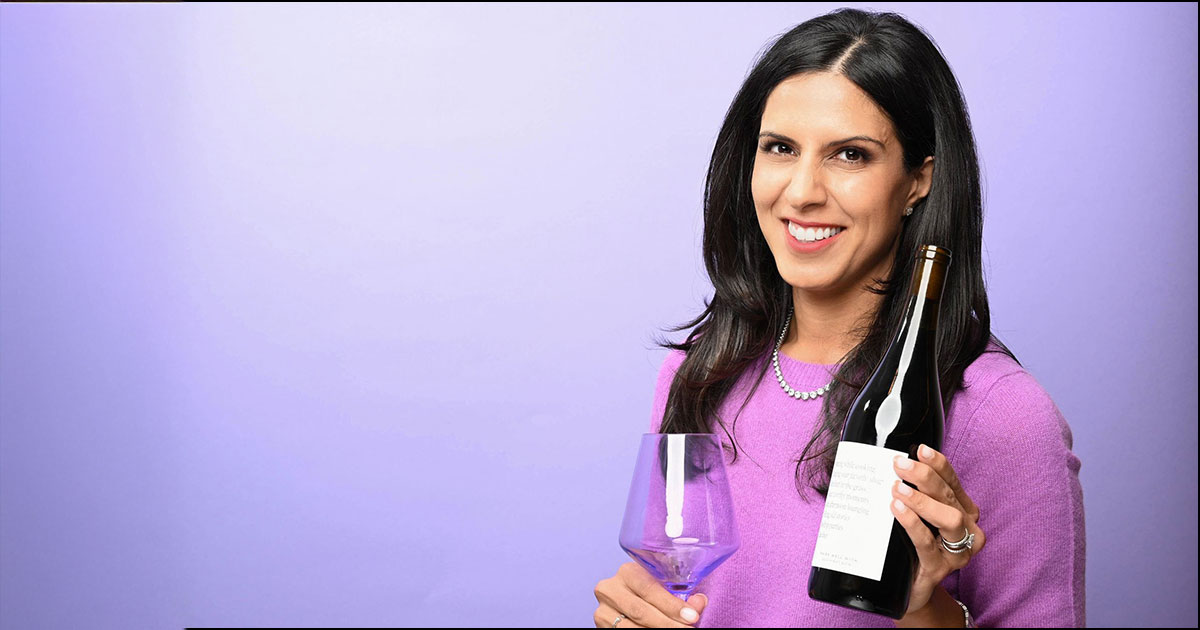
100 Top Startups to Watch in 2025
We curated a list of the top startups, including their investors and funding. Explore the companies disrupting industries through new tech and innovation.
ExploreEditor’s Picks
Don’t miss these essential reads, hand-selected by our editors to support aspiring entrepreneurs in making informed decisions and driving their ventures forward.

How to Incorporate a Startup
We share how to incorporate a startup step-by-step and help you navigate the resources you’ll need throughout the startup incorporation process.
Read More
Why Every Startup Needs a Business Bank Account
We explore the benefits of having a business bank account as well as how to choose the right startup banking platform for your company.
Read More
How to Conduct Market Research for a Startup
From setting goals to in-depth analysis, learn how to conduct market research for startups with our comprehensive guide.
Read MoreMust-Have Resources for Founders
Set your startup up for success with our top-recommended tools and services. We’ve done the research so you can easily compare and find the best options for your unique journey.

The 8 Best LLC Services of 2025
We ranked and reviewed the best LLC services of 2025, and negotiated exclusive deals to provide you the best value when forming your small business.
Read More
7 Best Business Plan Software for Startups in 2025
In our review, we compare the best business plan software for startups based on pricing, features, and more to help you become investor-ready in 2025.
Read More
7 Best Banks for Startups in February 2025
Looking for a business banking solution to grow your startup? We reviewed the best banks for startups, from traditional banks to online fintech platforms.
Read More
10 Best Website Builders for Startups in 2025
Looking for the best website builder for your business? Our review of the top website builders for startups in 2025 compares features, pricing, and more.
Read MoreMedia
Dive into our media library of informative videos and thought-provoking podcast interviews, designed to provide valuable insights for your entrepreneurial journey.
Featured News

The Power of Yes: How Neha Kumar is Transforming the Wine Industry
Discover how Neha Kumar’s ‘year of yes’ led to acquiring 7 wine companies and building a $200M empire revolutionizing wine commerce.
Read More
Delfina Care: AI-Powered Platform Aims to Solve the Maternal Health Crisis
Delfina Care is on a mission to revolutionize pregnancy care and improve health outcomes for expectant mothers across the nation — and the world.
Read More
Peter Beck’s Rocket Lab Soars High to Deliver Services for People, Business, and Government
Sir Peter Beck created Rocket Lab by developing a wide range of skills over a long period in New Zealand before its launch in the US as a space unicorn.
Read More
